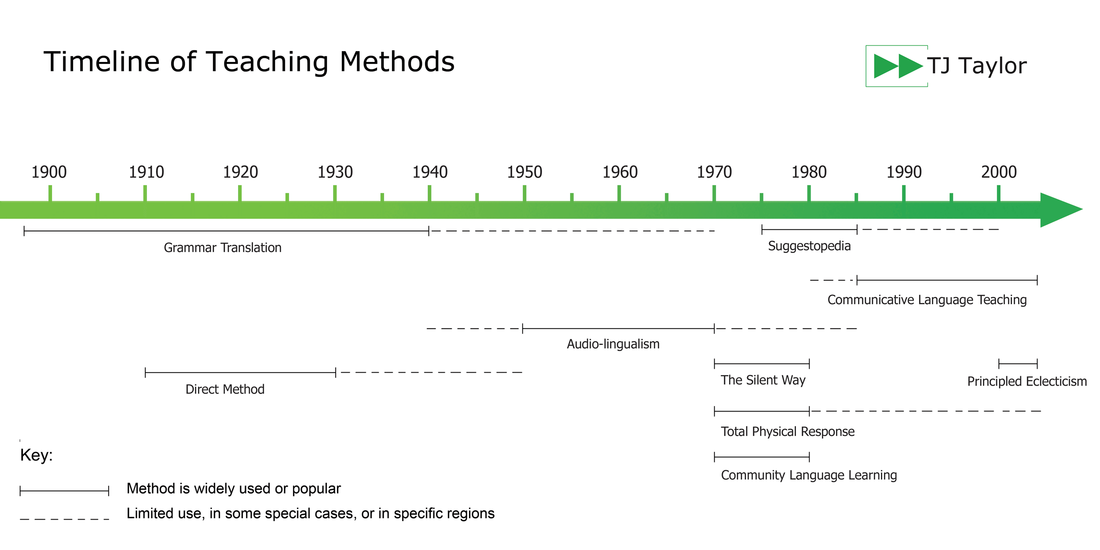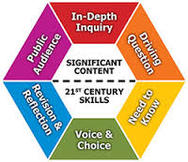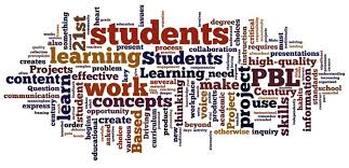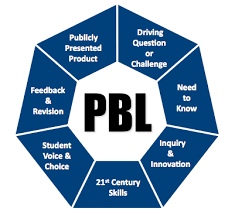What is the best teaching method for learning English?
According to academic research, linguists have demonstrated that there is not one single best method for everyone in all contexts, and that no one teaching method is inherently superior to the others.
Also, it is not always possible – or appropriate – to apply the same methodology to all learners, who have different objectives, environments and learning needs.
Applying the most appropriate method for that learner’s specific objectives, learning style and context.
An experienced professional language teacher always adopts the Principled Eclecticismapproach, deciding on the most suitable techniques and applying the most appropriate methodology for that learner’s specific objectives, learning style and context.
Methods of teaching English have developed rapidly, especially in the previous 40 years. As a language learner, training manager, or teacher, it is important to understand the various methods and techniques so that you are able to navigate the market, make educated choices, and boost your enjoyment of learning a language.
According to academic research, linguists have demonstrated that there is not one single best method for everyone in all contexts, and that no one teaching method is inherently superior to the others.
Also, it is not always possible – or appropriate – to apply the same methodology to all learners, who have different objectives, environments and learning needs.
Applying the most appropriate method for that learner’s specific objectives, learning style and context.
An experienced professional language teacher always adopts the Principled Eclecticismapproach, deciding on the most suitable techniques and applying the most appropriate methodology for that learner’s specific objectives, learning style and context.
Methods of teaching English have developed rapidly, especially in the previous 40 years. As a language learner, training manager, or teacher, it is important to understand the various methods and techniques so that you are able to navigate the market, make educated choices, and boost your enjoyment of learning a language.




 RSS Feed
RSS Feed
